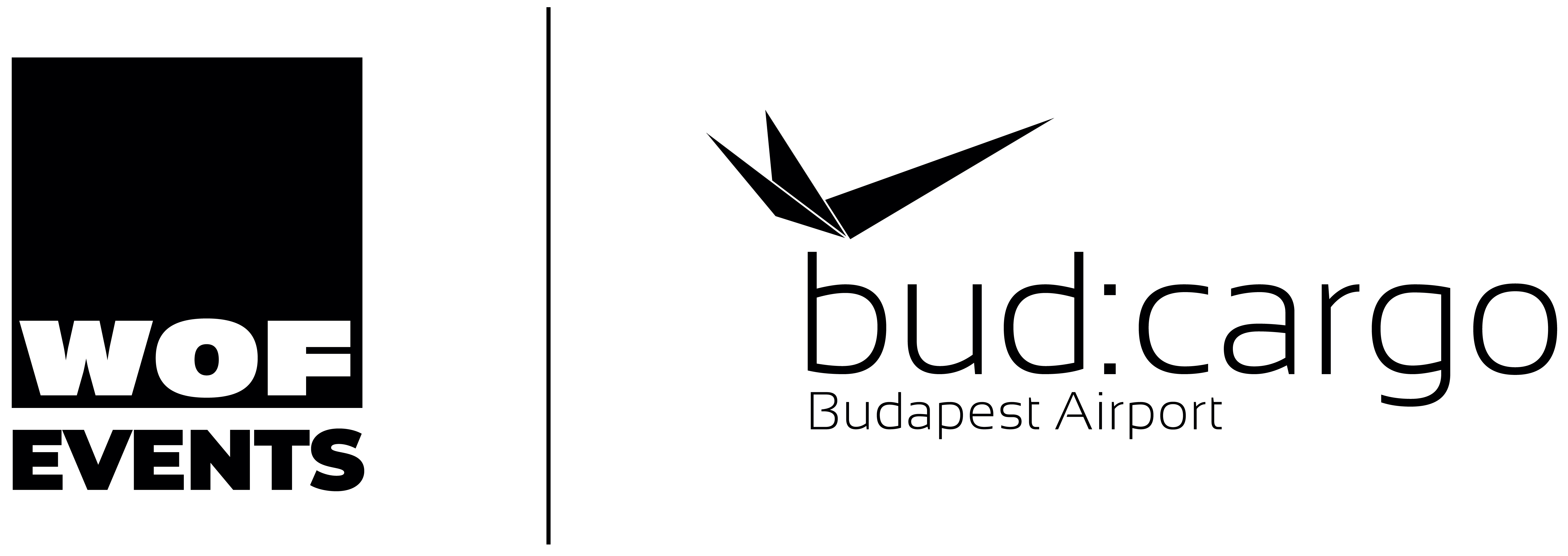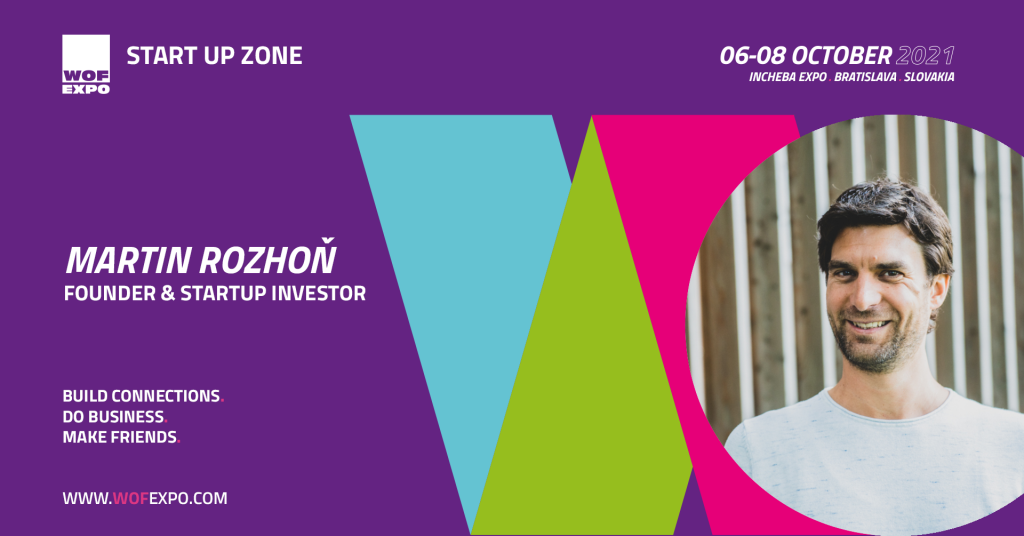Interview with Martin Rozhoň
| Martin Rozhoň founded and managed the billion-dollar e-commerce group Vivantis for 18 years. Vivantis, operating in several countries, was sold to the Mall Group later on. Mr. Rozhoň currently invests in leaders with good karma who have a vision that resonates with him. Its portfolio includes startups such as Econea – thousands of products for a healthy and sustainable life – we inspire change, Celostnimedicina – information website and medical advice in terms of holistic, natural, alternative medicine, Puravia – the best food supplements, IFMV – Institute of Functional Medicine and Nutrition , Disivo – optimize pricing for your e-shop, Retino – automate the e-shop return process, Mall Group – create an e-commerce group with the most valuable portfolio of the CEE market, Heureka Group – Europe’s largest price comparison and online shopping advisor, and much more. |
| 1. Mr. Rozhoň you are well known as a business angel helping people to transform their visions into actions. You have invested in 18 amazing startup projects so far. Please, can you tell us what kind of ideas catch your attention? What is it that you look for in Entrepreneurs and their Startups? I can summarize my investment strategy in one sentence: I invest in leaders with good karma who have a Vision that resonates with me. This means that I am looking for capable people who follow their dream, are able to translate their vision into a functional strategy, and execute it. People whose main motivation is not money, do not have a high ego, but have a good aim and want to change the area in which they operate. The visions that resonate with me the most are those in the field of sustainability, natural healing, healthy nutrition, personal development, visions that are using modern digital technologies and eCommerce projects of course, because of gained experience while building Vivantis company. 2. What continuing involvement do you like in an investment? I don’t provide startups with the financial support only, I also try to help them as much as possible on a strategic level – what the product should look like, who the target group is, which sales and marketing strategy to choose, how to position and price the product, but I also like to be involved within the internal things such as financial management, setting the role of a founder, organizational structure, hiring people and thanks to my large network I also help to maximise the contact portfolio of the company which startups in general do need. Having seen hundreds of startups – got to know their strategies and business models I manage to give founders feedback from a helicopter view, which is very valuable for them as they tend to be deeply immersed in their problem and find it difficult to start thinking outside of the box. I try my best to help the founders, however, I do not interfere in their competencies. I want our relationship to always be a win-win and to keep giving the power to the founders and not to take it away. 3. How to invest in startups during the COVID-19 era? Did you take any new projects in the past two years? In the first months of COVID, the market froze and moved very slowly since then. Everyone was waiting for the whole situation to develop. Many pre-closing deals were stopped. However, after a few months, the investment startup market gradually recovered and is now functioning normally. COVID has greatly accelerated digitization in all areas, which has helped most of my projects as a result. Since the beginning of COVID, I have invested in Hedepy.cz – online psychotherapy, which is a project that was created in response to COVID. I also increased my investment in the telemedicine project uLekare.cz, which is also precisely targeted for COVID, and also in the Institute of Functional Medicine and Nutrition and the e-shop with quality food supplements Puravia.cz, which are health-promoting projects, so also very thematic. I also increased my participation in several other previously invested projects. 4. What are the main issues that startups face during the early stage? Tell us about the key skills that might help startups to become more successful. In the first phase, the Startup must find a fit product and its target group. In order to do this, a startup must be able to innovate quickly, test and get feedback from the market. A common mistake is that a startup tries to perfect its product without having it verified that the customer wants it at all and is willing to pay for it. I perceive that we have great technical, product-oriented founders in our region, however, they cannot sell their product because they lack competencies in sales and marketing, and as a result, startups with great products are never in the spotlight, yet much worse products are, only because they had better sales and marketing. Another key skill is to find a suitable investor in the first stages, to persuade him to invest and negotiate good investment conditions with him. In the early stages, when you do not yet have a functional product with customers, it is very difficult, as it is not yet clear whether the product will succeed in the market at all and business plans cannot be calculated based on historical developments. Founders often underestimate this part – they focus on product development and in the end either do not get the investment at all, or get it from an incompatible investor, or even under unfavorable conditions. 5. As a founder of e-shop Vivantis, how would you evaluate the development in the e-commerce sector and ever-changing trends throughout the years? E-commerce has been growing and gaining in importance. COVID significantly accelerated its growth and tested its ability to quickly scale and adapt to the current situation. Most e-shops managed it and came out of this crisis significantly stronger. The reward was not only higher turnover and greater profitability in times of crisis, but after the crisis, loyal customers remained accustomed to more frequent and larger purchases, as well as new customers, who were forced by COVID to change their shopping behavior towards ecommerce. COVID also highlighted the long-term trend of market consolidation, with large players gradually gaining more and more market share at the expense of smaller players, as well as strengthening market space. The entire burden of the huge increase also had to be absorbed by transport companies, which speeded up alternative delivery methods such as franchised delivery points, automated delivery boxes or the use of non-traditional carriers such as Liftago, DoDo, etc. The Mall Group has acquired the InTime (WeDo) transport service to take more control of last mile delivery and reserved sufficient logistical capacity as carriers have begun to limit the number of packages from large ecommerce players that they are willing to contract to maintain quality of service. |

